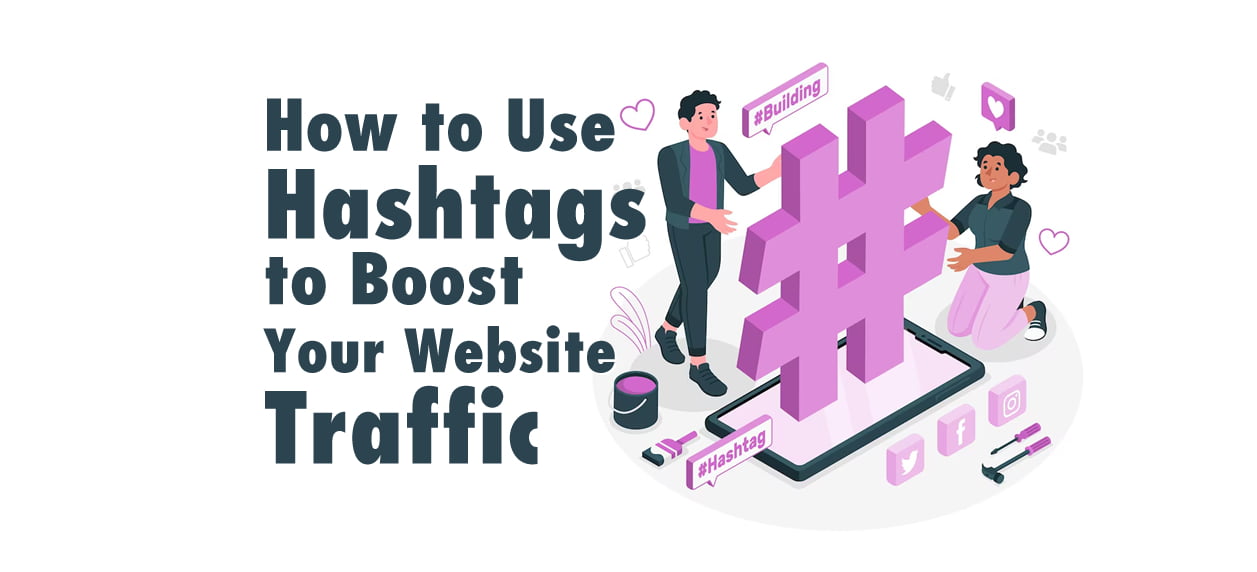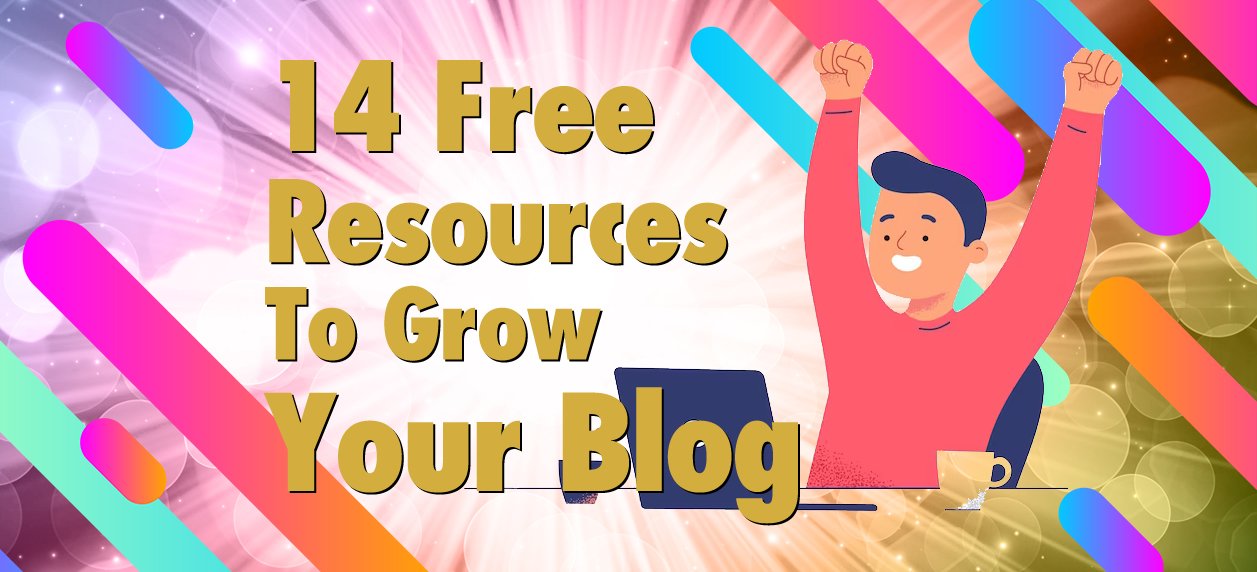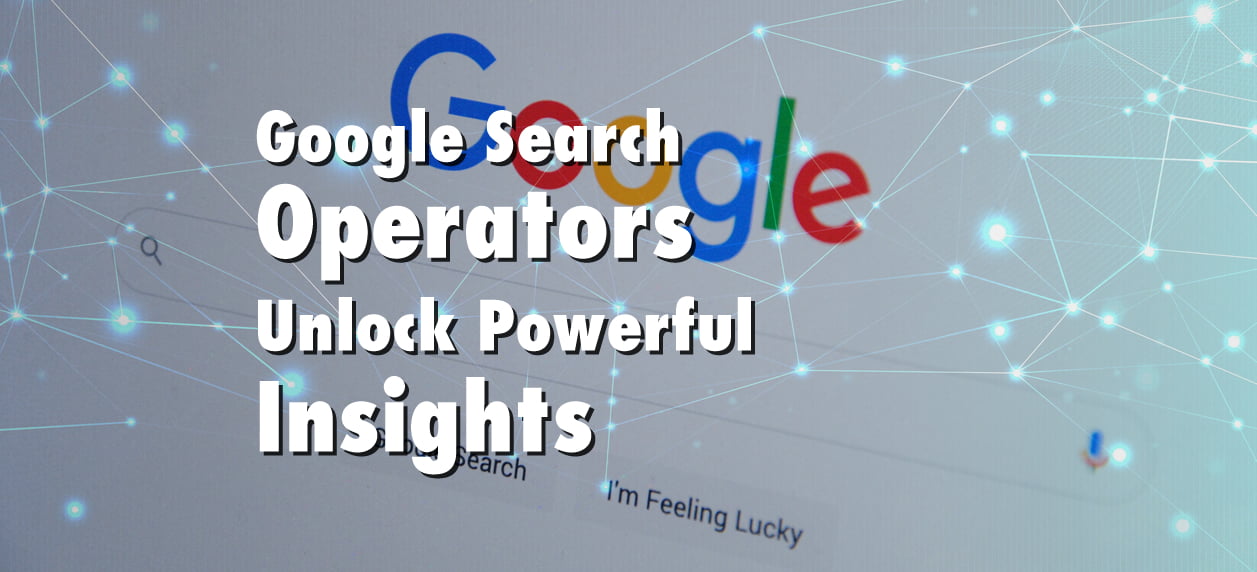Hashtags are powerful tools that can significantly increase the visibility of your website, drive more traffic, and reach your target audience. However, many people don't know how to use them effectively.
In this post, we will share practical tips and examples on how to use hashtags across different major social media platforms, including Pinterest, Twitter, Facebook, Instagram, and Youtube.
We'll also provide case studies to help you understand how to implement hashtag strategies for maximum impact.
What are Hashtags?
Before diving into how to use hashtags, let's define what they are. A hashtag is a word or phrase preceded by the # symbol. When you include it in your social media post, it becomes a clickable link that leads to all other posts containing the same hashtag. Hashtags are used to group together similar posts and to make it easy for users to find content that is relevant to their interests.
Using Hashtags on Pinterest
Pinterest is a social media platform that is all about visual content, and hashtags can help you to get your images seen by a wider audience. Here are some tips on how to use hashtags effectively on Pinterest:
- Use descriptive hashtags that relate to the content of your post
- Keep your hashtags specific to your niche
- Research popular hashtags in your industry and include them in your posts
- Use up to 20 hashtags per post to increase visibility
- Include hashtags in the description of your pins
Using Hashtags on Twitter
Twitter is where hashtags first became popular, and they are a key way to help your tweets reach a wider audience. Here's how to use hashtags on Twitter effectively:
- Keep your hashtags relevant to your tweet
- Use popular and trending hashtags where appropriate
- Use no more than three hashtags per tweet
- Use a mix of descriptive and branded hashtags in your tweets
- Include hashtags at the end of your tweet to avoid clutter
Using Hashtags on Facebook
Facebook has been slower to adopt hashtags, but they are still an important tool for increasing your reach on the platform. Here's what you need to know about using hashtags on Facebook:
- Use relevant hashtags that relate to the content of your post
- Experiment with different hashtags to see which ones work best for your posts
- Use up to three hashtags per post for best results
- Use a mix of common and unique hashtags
- Avoid excessive use of hashtags that can come across as spammy
Using Hashtags on Instagram
Instagram is a visually-focused platform that's all about discovery and hashtags. Here's how to use them effectively:
- Use relevant and specific hashtags that relate to the content of your post
- Use up to 30 hashtags per post for maximum exposure
- Use hashtags at the end of your caption to avoid cluttering
- Research popular hashtags in your industry and include them in your posts
- Create branded hashtags to build your brand identity
Using Hashtags on Youtube
Youtube is the second largest search engine and hashtags can help you get your videos in front of your target audience. Here's how to use hashtags on Youtube effectively:
- Use relevant hashtags in your video title and description
- Use up to three hashtags per video for best results
- Use a mix of common and unique hashtags
- Research popular hashtags in your industry and include them in your videos
- Create branded hashtags to build your brand identity
Case Studies:
In this chapter, we will delve into eight case studies that illustrate the power of hashtags in driving website visibility and generating impactful traffic on various social media platforms. Each case study demonstrates how different brands effectively utilized hashtags to amplify their reach, engage audiences, and achieve remarkable results. Let's explore these success stories:
Starbucks – #RedCups
Starbucks launched the annual #RedCups campaign where customers were encouraged to share photos of their iconic red holiday cups on social media platforms. By leveraging the hashtag #RedCups, Starbucks generated over 40,000 user-generated posts on Instagram alone. This campaign successfully drove engagement, increased brand exposure, and created a sense of festivity among customers during the holiday season.
Nike – #JustDoIt
The #JustDoIt campaign by Nike is one of the most memorable and long-standing hashtag campaigns. Nike effectively used this hashtag across various platforms to promote their brand philosophy and inspire their audience to take action. By sharing stories of athletes, motivational quotes, and engaging content, Nike generated a massive amount of user-generated posts worldwide, ultimately driving traffic to their website.
Airbnb – #LiveThere
Airbnb created the #LiveThere campaign to encourage travelers to explore new destinations like locals. By incorporating this hashtag in their social media posts, Airbnb inspired their users to share their travel experiences, unique accommodations, and local adventures. This campaign effectively propelled their website visibility, boosted user engagement, and created a sense of community among travelers.
Lay's – #DoUsAFlavor
Lay's launched the #DoUsAFlavor campaign, inviting consumers to create unique potato chip flavors and share them on social media platforms. By incorporating the hashtag #DoUsAFlavor, Lay's encouraged customers to vote for their favorite flavors and engage with the brand. This campaign resulted in a significant increase in website visits, user-generated content, and customer involvement with the Lay's brand.
GoPro – #GoPro
GoPro, the renowned action camera brand, encouraged their customers to capture and share their adrenaline-pumping moments using the hashtag #GoPro. By leveraging this hashtag, users showcased their adventurous experiences, pushing the boundaries of what's possible. This campaign not only increased GoPro's brand visibility but also inspired their audience to explore the world and document their unforgettable moments.
Dove – #RealBeauty
Dove initiated the #RealBeauty campaign to challenge societal beauty standards and celebrate diverse forms of beauty. By incorporating this hashtag, Dove encouraged users to share their stories, promote self-acceptance, and redefine conventional beauty ideals. The #RealBeauty campaign generated widespread social media discussions, drove website traffic, and boosted positive brand sentiment.
Coca-Cola – #ShareACoke
Coca-Cola launched the #ShareACoke campaign, where they personalized their bottles with popular names. By including the hashtag #ShareACoke in their branding, Coca-Cola encouraged customers to share photos of themselves with their personalized Coke bottles. This campaign went viral and became a global phenomenon, generating millions of user-generated posts and significantly increasing website visibility.
Oreo – #OreoHorrorStories
During Halloween, Oreo created the hashtag #OreoHorrorStories and invited their audience to share their scary, funny, or peculiar Oreo-related experiences. By using this hashtag, Oreo engaged their users to create and share creative content, which led to increased brand visibility, social media buzz, and website visits.
Conclusions
These case studies demonstrate the diverse ways in which brands effectively utilize hashtags to drive website visibility and generate significant traffic across different social media platforms. By incorporating creative and engaging hashtag campaigns, these brands successfully tapped into the power of user-generated content, boosted brand awareness, and created a sense of community among their audiences.
Strategically implementing relevant and compelling hashtags can unlock tremendous potential for your brand and website as well.
Hashtags are a powerful tool for increasing the visibility of your website, and can significantly drive more traffic to your content. By using hashtags on different social media platforms like Pinterest, Twitter, Facebook, Instagram, and Youtube, you can reach your target audience and expand your reach.
Keep your hashtags relevant, specific, and always research popular and trending hashtags in your industry. With these tips and strategies, you'll be on your way to creating successful hashtag campaigns that will drive traffic to your website and help you reach your business goals.




